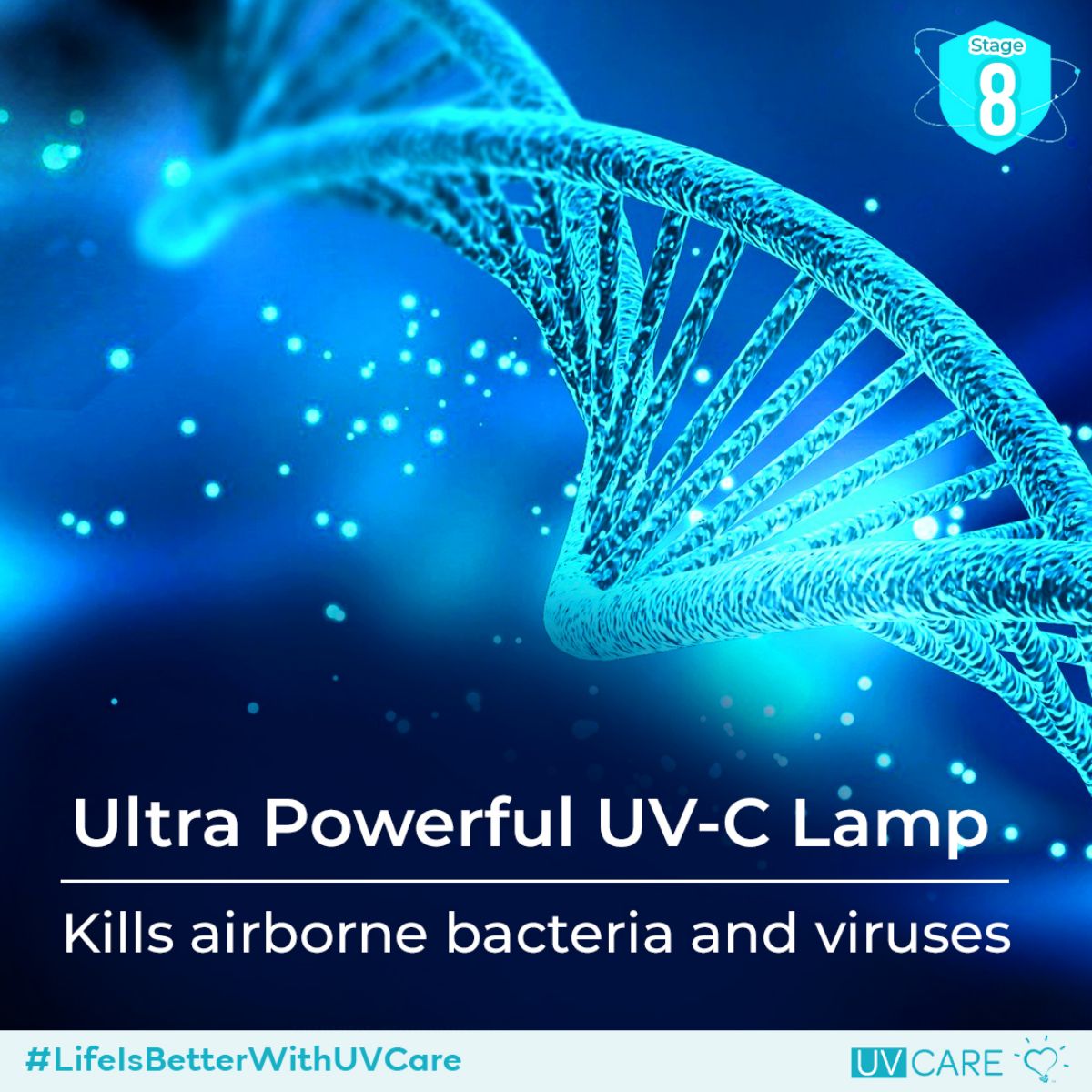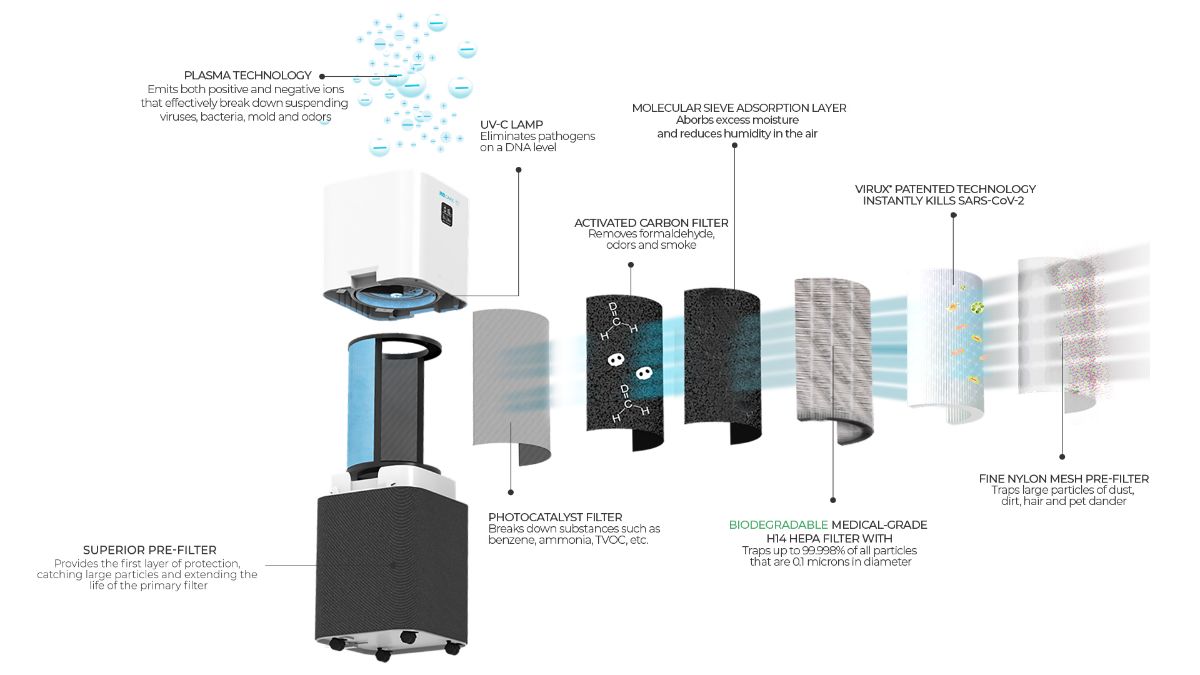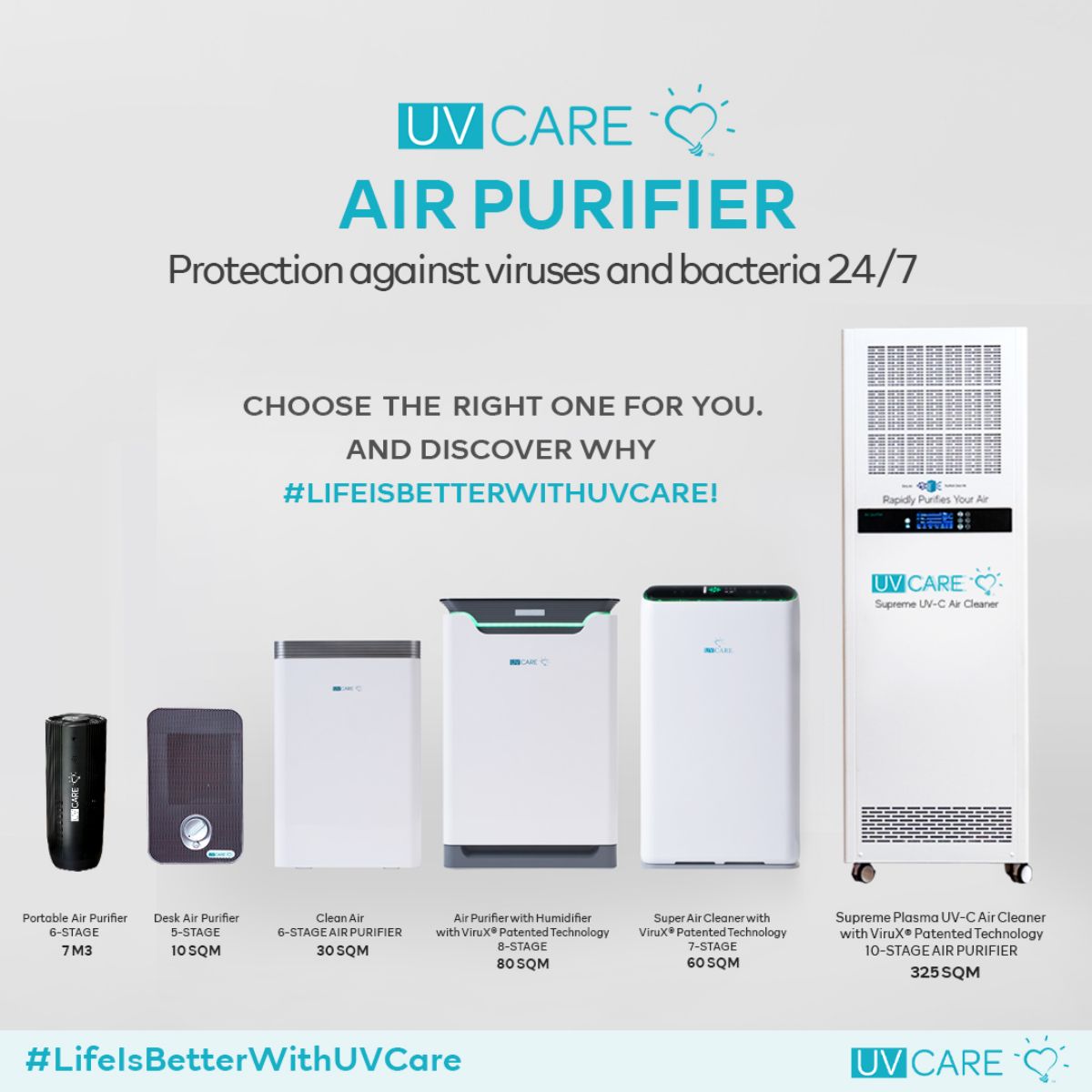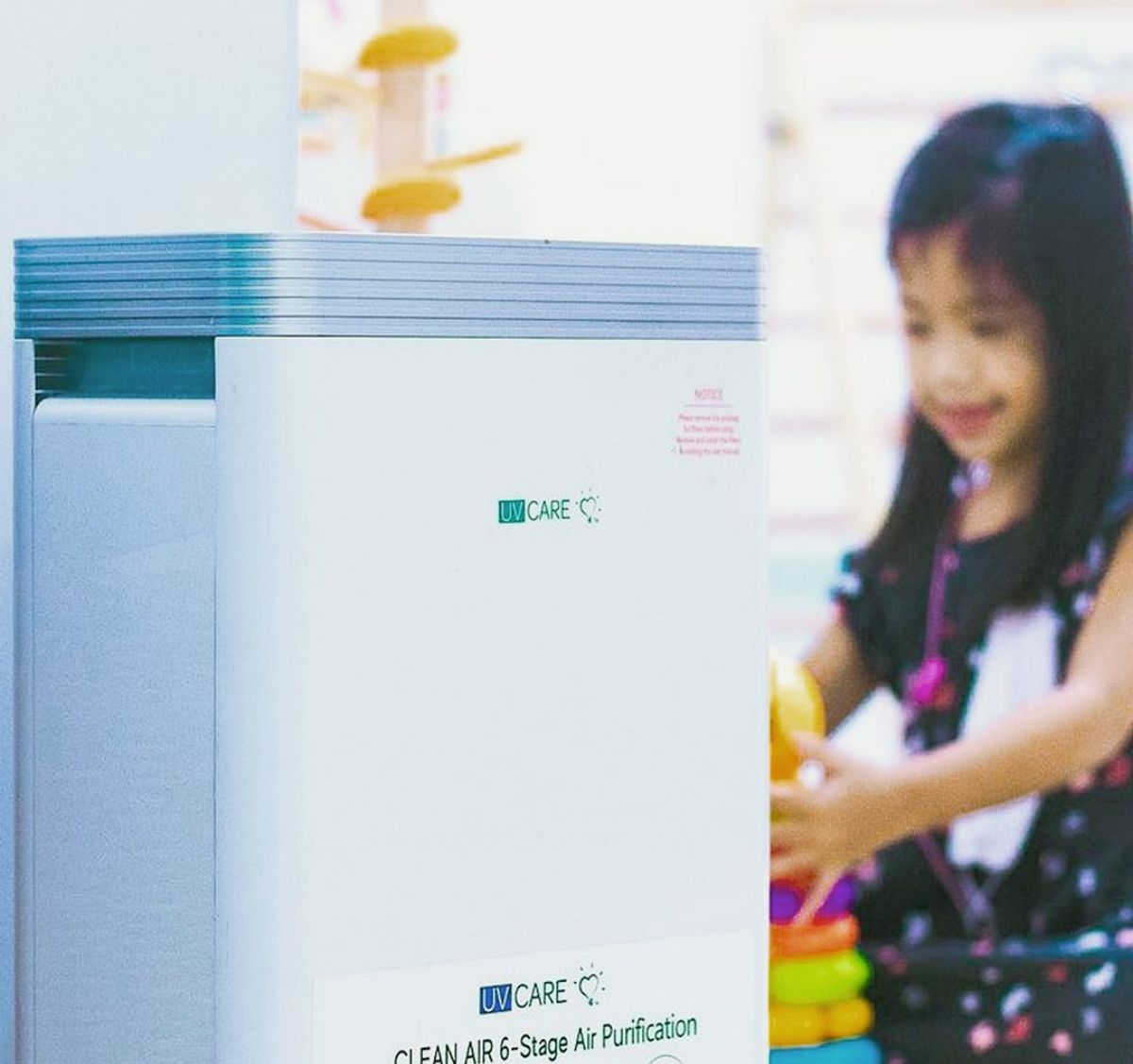What things should I check before buying an air purifier?
- Clean air delivery rate (CADR) and purifier size
- Air changes per hour (ACH)
- Supporting purification technologies
- HEPA filter rating
- Air purifier design
Clean air is important for overall health. But, did you know that the air you breathe indoors is much dirtier than you think? According to studies, indoor pollutant levels may be 2 to 5 or 100 times higher than outdoor levels. With growing concerns over indoor air quality, more and more people are buying air purifiers for their homes, offices, and businesses.
If you’re one of those people looking to buy an air purifier with HEPA filter in the Philippines, then you may be wondering how to choose the best one among all the models you see online. We’ve listed the top five things to check before buying an air purifier to help you make a smart purchasing decision. Read on so you can find the best device for all your loved ones’ health!
Clean air delivery rate (CADR) and purifier size
When buying an air purifier for your home or business, calculate the clean air delivery rate (CADR) your room needs. The bigger your room is, the higher the CADR your air purifier should have. Here’s a quick guide on how to calculate this.
At the very least, you need a model with a CADR that should cover at least two-thirds of your room. However, we recommend picking an air purifier that goes above the needed CADR for your room, as these can deliver clean air more effectively and with ease — even in the presence of more people or pollutants than normal.
One great example of an air purifier with high CADR is our Supreme Plasma UV-C Air Cleaner! It has a high CADR of 2716 m³/h, which means it can easily clean the air in rooms as large as 325 m² big!
Air changes per hour (ACH)
Check the Air Changes Per Hour before buying an air purifier. ACH is the number of times that all the air in your room will be cycled through your air purifier within an hour. This is calculated by the volume of your room, measured against the capacity of the device. Usually, this rating is included in the product specifications of an air purifier.
While the CDC recommends an air purifier with at least two air changes per hour, you will need something higher than that if you want to get rid of heavier pollutants, such as tobacco smoke or airborne viruses and bacteria. And, if you have a lot of people coming and going indoors, you’ll need something with a higher amount of air changes.
The more frequently an air purifier can filter the air in your room, the less likely it is for allergens and other pathogens to affect your health. So, we suggest looking for an air purifier that can achieve 4 to 6 air changes per hour — such as UV Care’s Super Air Plasma Pro 2! This model is perfect for those dealing with allergies or asthma, and are looking for an air purifier to help manage their symptoms.
Supporting purification technologies

Some air purifiers come with other air purification technologies to improve what indoor air protection they can offer. These supporting tools help create a multi-purification process, which is important if you want to breathe easier indoors!
Some things you should look for are bipolar ionization, which helps reduce odors and VOCs. Another thing to look for is UV-C lamps, which destroy germs on a molecular level and render them harmless. These two technologies complement each other and support the effectiveness of an air purifier.
However, the key to these technologies is to find brands that are ozone- and radiation-free. All UV Care air purifiers are tested both by our in-house teams and trusted third-party labs, such as Intertek and SGS. These tests ensure our air purifier technology is carefully chosen and completely safe to use!
HEPA filter rating

Another thing to check before buying an air purifier is the HEPA filter rating. The HEPA or a High-Efficiency Particulate Air filter is the foundation of your air purifier’s ability to clean air indoors. Having a HEPA certification means that this filter is specially designed to remove at least 99.97% of contaminants of at least 0.3 microns in size.
That said, not all HEPA filters are made the same. Its grade determines how well it will capture particles, and how long the filter will last.
The best grades you can get are H13 and H14. Both of these are considered “medical-grade,” which means they purify air effectively that even hospitals, clinics, labs, and other medical buildings use them. They offer the highest tier of filtration.
We recommend using this HEPA filter grade as it can remove up to 99.995% of all harmful airborne particles!
Choosing a model with a prefilter can also help extend the life of your HEPA filters. Their role is to capture larger particles in the air, which leaves smaller, more difficult-to-catch particles in your HEPA filter.
UV Care’s air purifiers are all equipped with either H13 or H14 HEPA filters, on top of our supporting prefilters, UV-C technology, and powerful ionizers. As a result, each of our air purifiers is capable of creating cleaner air — easily reaching even the high sanitization standards of medical facilities!
Air purifier design

Lastly, check the air purifier’s overall design before purchasing. This is crucial because it dictates how portable, discrete, and energy-efficient your air purifier can be.
UV Care air purifiers’ enclosures, sound attenuators, and efficient and powerful fans are important for dampening the noise your air purifier makes. Even on the highest fan setting, our air purifiers never go above the noise that you would hear from rainfall or normal conversations.
Furthermore, we use a smart airflow strategy when placing our intake and outflow vents. Our air purifiers can easily pull contaminated air out of the breathing zone while discharging clean air high. This helps properly distribute clean air throughout your room.
We also make sure to make all of our devices lightweight — some models, like our Super Air Cleaner Pro 2, even come with caster wheels! So, they’re incredibly easy to transport from one room to another.
Another great feature our design offers is WiFi compatibility, so you can control air quality from your phone, anytime you want to. Our devices also come with real-time updates on the quality of your air, multiple fan speeds, and filter change indicators.
Key Takeaway
Choosing the right air purifier from UV Care can be tricky — but keep these things to check before buying an air purifier in mind while looking through all the models we have available! These five points are important for picking out the best air purifier for your needs.
Need more help in choosing the most effective air purifier for your home or business? Message our team today! The professionals at UV Care will be happy to answer your inquiries and will help select the right solution for your home or business’ air purification needs.

